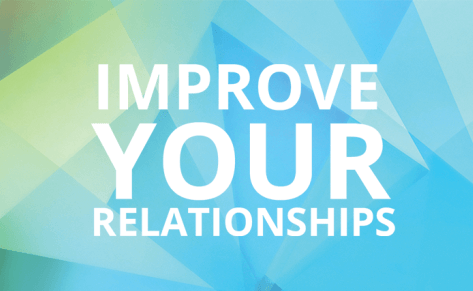5 Things to know about anger in relationships – By Stuart Davenport
1) In all relationships there will be conflict and disagreement
“You never listen to me, Your all the same, I feel like you are overreacting. I can’t do anything right, I’m always the one at fault. Don’t get upset. You always do this”.
Have you ever been stuck in the middle of a family argument or had to watch a couple’s argument escalate to the point where no one is sure how it started? Observing the ways people can speak to each other can be shocking.
As a counsellor and an active participant in society I’ve both been the shocked observer and I reluctantly admit to having been one of the people saying the hurtful things. But why does it get to that point? and more importantly does it need to?
2) Anger is the tip of the Iceberg and hides vulnerable emotions
On the surface you might think these situations arise and escalate purely due to feeling anger. Therefore I am not responsible for when I feel anger.
However, I am going to suggest thinking of anger as a “surface emotion”. Or like the tip of an iceberg which has underneath it a larger structure filled with more vulnerable emotions like fear, frustration, hurt, sadness, embarrassment or grief. And like an umbrella the anger shields and acts as protection to those emotions.

3) All behavior is communication, but is our anger communicating what we really feel beneath it?
Our angry behavior (shouting, blaming, saying hurtful things) can be a way of communicating more vulnerable emotions.
Unfortunately, communicating in this way is inherently aggressive and will likely trigger off the other persons defensive anger and create an argument that will spiral out of control.
Because we are not communicating directly about what is going on for us when the anger subsides we might be left feeling unheard, bitter and resentful not to mention exhausted.
How much more productive might it have been to be able to say “when you said I was unreliable, I felt hurt because I really value what you think of me. I felt afraid because I was concerned you might not want to be in a relationship with someone you think is unreliable”. It appears to be of little use to rely on the hope that they get some form of this message through our angry behavior.
4) Anger is a useful emotion in relationships, aggression is a useless one.
When we can capture our anger we can use it as a way to teach another person about what we want. Since we learn through processes like reinforcement when another person does something we don’t like, we can use the anger we feel to tell them, in hopes they will not repeat this behavior in the future. Since in all likelihood in our relationships the other hasn’t wished to hurt you in the first place hearing this from you will be punishment enough to make them think twice in the future.
When we are in a relationship with a person and they are continuously aggressive in their anger, punishing us for how we made them feel. We are likely going to develop resentment because, by definition, people don’t like being punished.
So while anger can be a powerful form of helping others to understand us used aggressively in a punishing way can seriously poison a relationship.
Holding on to anger is like grasping a hot coal with the intent of throwing it at someone else; you are the one who gets burned. – Buddha
5) “Getting angry at another person for getting angry at you is like trying to put out a fire with petrol”
Person A gets mad, then Person B thinks something like “I don’t deserve to be treated like this!” and gets angry to punish Person A. In addition to feeling anger, Person B is also probably feeling fear, hurt, and maybe even embarrassment.
If you aim is to win at all costs (a one winner, one loser attitude) then expressing anger in an aggressive way may move you closer to achieving your goal. However, if your aim is to have a good relationship with the other person, (a win win attitude) expressing anger in an aggressive way will be less helpful.
So the question now becomes how do we reduce the likelihood we will get aggressively angry and how do we communicate better when we are feeling angry? I will return to this at a later date.

